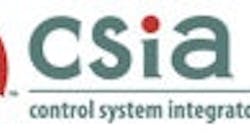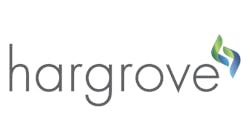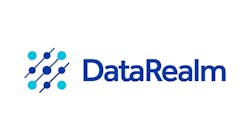CSIA to release Best Practices and Benchmarks Manual version 5.0
April 23, 2018
The Control System Integrators Association (CSIA) announced the release of the Best Practices and Benchmarks Manual version 5.0. The CSIA Best Practices and Benchmarks Manual is the industry standard for successful management of a control system integration business. It is also the cornerstone of the CSIA Certification program and the tool against which the audit for Certification is measured. On an ongoing basis, the manual is tested by a committee of CSIA members, auditors and clients as part of a continuous review and improvement process.
With version 5.0, the CSIA Best Practices and Benchmarks Manual has been updated to reflect new material, including a new chapter on cyber security. The entire manual was reviewed for organization, clarity and compliance with a global relevance.
The Best Practices and Benchmarks Manual is a key benefit of CSIA membership. It is a manual of the collective intelligence of many successful members throughout the years and covers every aspect of the system integration business, including:
- General management: Strategic management, organizational structure, facilities and equipment, computer systems management, and corporate risk management
- Human resources management: Administration, recruitment and selection, performance management, training and development, compensation and benefits, and employee communication
- Marketing, business development and sales management: Marketing plan and sales strategy
- Financial management: Measures of performance, financial planning, billing procedures and tax policy
- Project management: Contract management, procurement management, planning, risk management, resource management, communications management, scope management, schedule management, budget management, change management, quality management and closure
- System development lifecycle: Internal kickoff, requirements, design, development, unit/module and integration testing, factory acceptance testing, system shipping, installation, and commissioning and site acceptance testing
- Supporting activities: Process development and maintenance, standards and templates, project methodologies, procurement management, risk management, configuration management, and reuse management
- Quality management: Continuous measurable improvement, client satisfaction measurement, client service and project quality assurance
- Service and support: Strategic management, organizational structure, and methodology and service management
- Information systems management and cybersecurity: Information systems management, facilities and equipment, and cybersecurity





